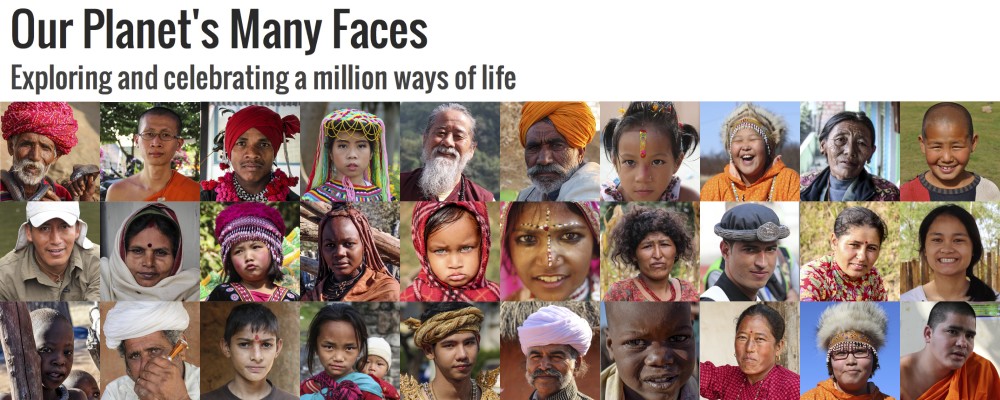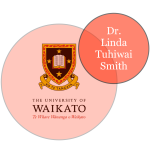
The presence of technology and media has opened many doors and endless possibilities for populations around the world. However, for many cultures, accessibility to media and technology has led to concerns over language loss and cultural identity. Many individuals, educational facilities, and media outlets in New Zealand are making an effort to ensure that the Maori language and culture remains strong in the face of globalization.
Whakarewarewa Living Maori Village
“Our uniqueness we share, our hearts we give and, our environment we protect for our future generations.”
Whakarewarewa is a cultural center in form of a “living village.” Here, the Tuhourangi/Ngati Wahiao Maori tribe offers shared cultural knowledge through demonstrations and displays.
Whakarewarewa, its guides, and the residents of the village can provide perspective on the historic culture of Maori people.
Find Whakarewarewa on Facebook and Twitter!
Auckland University of Technology: Dr. Ella Henry
“We will continue to need more Māori graduates in government, health, education, media, business and the sciences to effectively build on our strengths and recognition as Tangata Whenua and bring about positive change for our communities and society as a whole.”
–Auckland University of Technology
The Auckland University of Technology (AUT) is located in Auckland, New Zealand. AUT offers Maori and Indigenous development studies focused on Maori media, development, language, leadership, technology, and innovation. AUT’s language and culture programs focus on issues such as media analysis and language loss/maintenance.
Dr. Ella Henry is senior lecturer for Maori media and business at AUT. Dr. Henry has background in sociology, Maori studies, and Maori broadcasting and has conducted research in Maori development, entrepreneurship, careers, and media and screen publications.
The students and faculty at AUT can provide an academic perspective on language and cultural preservation, and theories and concepts behind Maori media and technologies.
Find AUT on Twitter and Facebook!
Find Dr. Ella Henry is on Linkedin and Google+
The University of Waikato: Dr. Linda Tuhiwai Smith
“Decolonizing Methodologies is not a method for revolution in a political sense but provokes some revolutionary thinking about the roles that knowledge, knowledge production, knowledge hierarchies and knowledge institutions play in decolonization and social transformation.”
-Linda Tuhiwai Smith, Decolinizing Methodologies: Research and Indigenous Peoples
The University of Waikato is located in Hamilton, New Zealand. This university offers a number of Maori related courses of study, including Maori Media and Communications.
Professor Linda Tuhiwai Smith is the Pro Vice-Chancellor Māori Professor at Waikato. Her expertise ranges from Maori education, research, and research methodologies to health education, and iwi (Maori Nations) relationships. Smith is well known for her book, “Decolonizing Methodologies: Research and Indigenous Peoples,” which is popular in academic circles.
Both the faculty and students at Waikato have perspective on generating and consuming media in the Maori language, and the role that media plays in maintaining the Maori culture.
Find Wiakato on Facebook!
Maori TV
“Māori language is a taonga (treasure) at the heart of Māori culture and New Zealand’s unique cultural identity. Our vision is for Māori language to be valued, embraced and spoken by all.”
Maori Television is a television broadcast company in New Zealand, focused on bringing local and international programming to New Zealand in the Maori language. The station emphasizes, “unique locally made programs,” and has been in service since 2004. Many of these shows provide deliberate language learning and development, and other local programs.
The television’s mission is in line with culture and language preservation goals, and many of its programs can provide insight into

